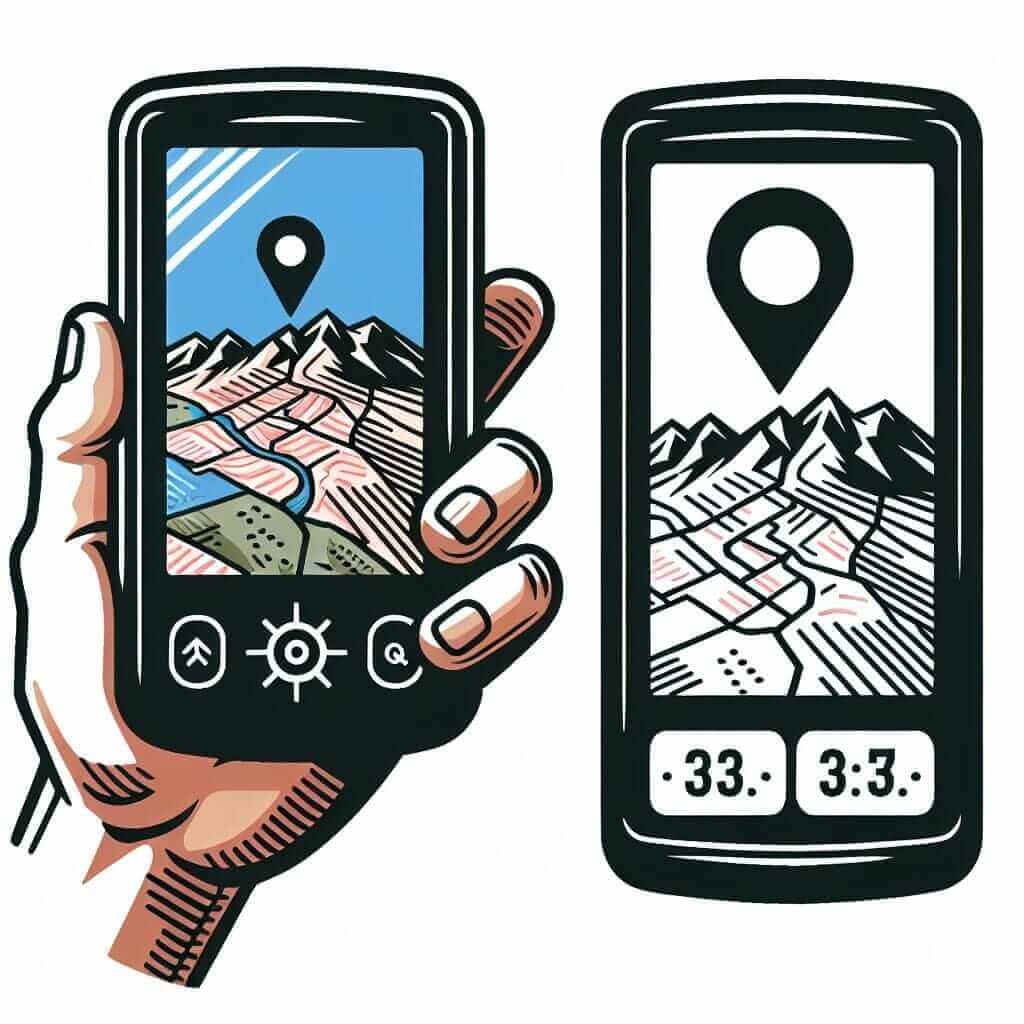The acronym “GPS,” short for Global Positioning System, frequently surfaces in the realm of technology-related IELTS topics. Understanding its meaning and usage can significantly bolster your performance. Let’s dissect this term:
- GPS (noun) /ˌdʒiː.piːˈes/ : a system that can show the exact position of a person or thing, using signals from satellites
- Example: GPS technology has revolutionized navigation, making it easier than ever to find our way.

Synonyms and Related Terms:
Here are some words and phrases you might encounter that relate to “GPS”:
- Navigation system: (noun) /ˌnæv.ɪˈɡeɪ.ʃən ˌsɪs.təm/
- Example: Most modern cars come equipped with a built-in navigation system.
- Satellite navigation: (noun) /ˈsæt.əl.aɪt ˌnæv.ɪˈɡeɪ.ʃən/
- Example: Satellite navigation relies on a network of satellites orbiting the Earth.
- Location services: (noun) /loʊˈkeɪ.ʃən ˌsɝː.vɪ.sɪz/
- Example: Many apps on your smartphone use location services to determine your whereabouts.
- Geolocation: (noun) /ˌdʒiː.oʊ.loʊˈkeɪ.ʃən/
- Example: Geolocation technology is used in a variety of applications, from tracking packages to targeting advertising.
“GPS” in the IELTS Arena
“GPS” and related vocabulary are particularly relevant to the IELTS Listening and Reading sections, where you may encounter passages discussing technology, travel, or transportation. In the Writing and Speaking sections, you might be asked to describe how technology has impacted our lives, making knowledge of “GPS” valuable.
Mastering “GPS” in Your IELTS Responses
Let’s illustrate how you can effectively incorporate “GPS” vocabulary into different sections of the IELTS exam:
IELTS Writing Task 2:
Topic: Some people believe that the widespread use of GPS navigation systems has made people lazier. Do you agree or disagree?
Sample response:
“The advent of GPS navigation systems has undeniably transformed the way we navigate the world. While some argue that this technology has made us overly reliant and therefore “lazier,” I firmly believe that the benefits outweigh this potential drawback…”
IELTS Speaking Part 2:
Describe a time you used a GPS system to get somewhere.
Sample response:
“I distinctly recall a time I was driving to a remote hiking trailhead and completely lost my way. Thankfully, I had my phone with me and was able to use its GPS navigation to get back on track. The voice guidance feature was incredibly helpful, as it allowed me to keep my eyes on the road…”
Combining “GPS” for Enhanced Fluency
- GPS tracking: Used to monitor the movement of vehicles or objects.
- GPS coordinates: A set of numbers that indicate an exact location on Earth.
- GPS-enabled devices: Smartphones, tablets, and even some watches that have GPS capabilities built-in.
- Relying on GPS: Becoming dependent on GPS for navigation.
- GPS signal: The electronic signal transmitted by GPS satellites.
Idioms and Collocations:
- “Lost without a map (or GPS)”: Meaning someone is easily disoriented or unable to find their way.
- “On the right track”: Used metaphorically, can be linked to GPS guidance leading someone in the correct direction.
Conclusion
Familiarizing yourself with “GPS” vocabulary and its various applications can significantly enhance your ability to comprehend and respond effectively in the IELTS exam. Remember to practice incorporating these terms into your speaking and writing to boost your confidence and demonstrate your mastery of English vocabulary related to technology and navigation.